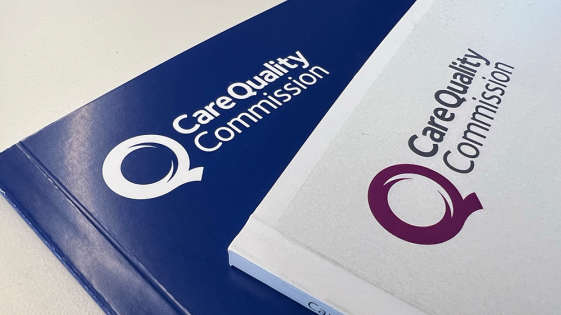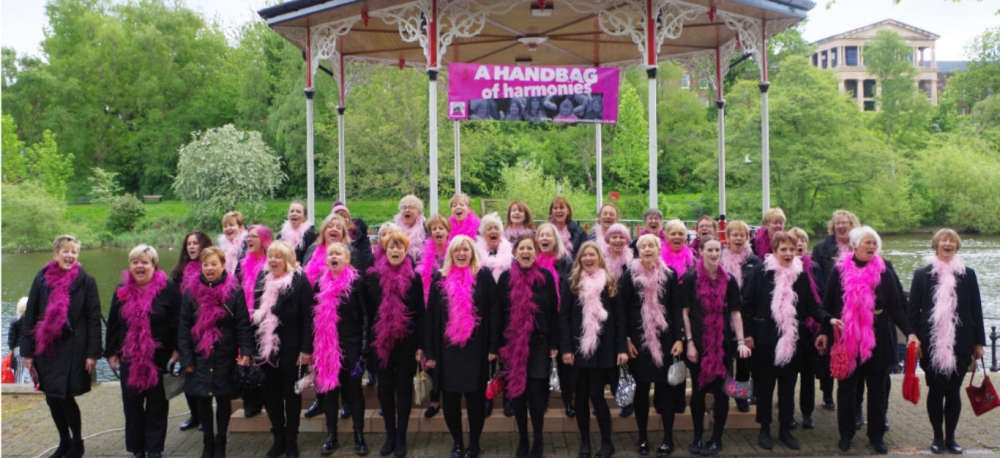
There have been 98 confirmed cases of highly pathogenic avian influenza (bird flu) in England since 1 October 2022 and in the last year, England has faced its largest ever outbreak of avian influenza, with over 230 cases confirmed since late October 2021.
Additional restrictions are now in place for bird and poultry owners but residents are reassured that the risk to the public remains very low.
Mandatory housing measures for all poultry and captive birds were introduced to all areas of England from Monday 7 November, following a decision by the United Kingdom’s Chief Veterinary Officer.
The housing measures legally require all bird keepers to keep their birds indoors and to continue to follow stringent biosecurity measures to help protect their flocks from the disease, regardless of type or size.
The order extends the mandatory housing measures already in force in the hotspot area of Suffolk, Norfolk and parts of Essex to the whole of England following an increase in the national risk of bird flu in wild birds to very high.
An Avian Influenza Prevention Zone (AIPZ) was already in place cross the whole of Great Britain to mitigate the risk of the disease spreading amongst poultry and captive birds.
The biosecurity measures introduced by the AIPZ include access restrictions for keepers with more than 500 birds, workers needing to change clothing and footwear before entering bird enclosures and site vehicles having to be cleaned and disinfected regularly to limit the risk of the disease spreading.
Backyard owners with smaller numbers of poultry including chickens, ducks and geese must also take steps to limit the risk of the disease spreading to their animals.
Cheshire West and Chester Council’s animal health officers are urging all bird and poultry keepers in the borough to follow current guidance.
You can find details here:
measures that apply in England: AIPZ declaration including housing measures.
Bird keepers must keep their birds inside, look out for any signs of disease and report suspected cases in their own flock to the nearest Animal and Plant Health Agency office by calling 03000 200 301.
Call Defra on 03459 33 55 77 if you find: one or more dead birds of prey; three or more dead gulls or wild waterfowl (swans, geese and ducks); five or more dead birds of any species. You do not need to report any other found dead wild birds.
The risk to public health is very low so residents do not need to be alarmed by this development. It is very important, however, that people do not pick up sick or dead birds as this can spread the virus.
Avian Influenza is primarily a disease of birds and the risk to the general public’s health is very low. However, anyone who is concerned should call NHS 111 or speak to their GP.
Find out more about Avian Flu on the government website
Advice for people who keep birds is also available on the government website
- The Animal and Plant Health Agency (APHA) carries out year-round avian influenza surveillance of dead wild birds submitted via public reports and warden patrols. The APHA will collect some of these birds and test them to help us understand how the disease is distributed geographically and in different types of bird, not all birds will be collected.
- Avian influenza is in no way connected to the COVID-19 pandemic which is caused by the SARS-CoV-2 virus which is not carried in poultry.
The Avian Influenza Prevention Zone (AIPZ) means bird keepers must:
-
- Keep domestic ducks and geese separate from other poultry;
- Ensure the areas where birds are kept are unattractive to wild birds, for example by netting ponds, and by removing wild bird food sources;
- Feed and water their birds in enclosed areas to discourage wild birds;
- Minimise movement into and out of bird enclosures;
- Cleanse and disinfect footwear and keep areas where birds live clean and tidy;
- Reduce any existing contamination by cleansing and disinfecting concrete areas, and fencing off wet or boggy areas;
- Keep free ranging birds within fenced areas, and ponds, watercourses and permanent standing water must be fenced off (except in specific circumstances, eg, zoo birds).

 Man charged in relation to drugs offences in Chester
Man charged in relation to drugs offences in Chester
 FROM ORPHAN TO VILLAIN, CARLY LANDS DREAM ROLE IN MUCH-LOVED MUSICAL
FROM ORPHAN TO VILLAIN, CARLY LANDS DREAM ROLE IN MUCH-LOVED MUSICAL
 What's On At Jodrell Bank Over The Summer
What's On At Jodrell Bank Over The Summer
 Teenager summonsed to court for driving offences in Tarporley
Teenager summonsed to court for driving offences in Tarporley
 Fundraising duo from Flintshire and Essex to walk 350km in just 7 days for breast cancer charity
Fundraising duo from Flintshire and Essex to walk 350km in just 7 days for breast cancer charity
 Citizens Advice Flintshire introduce a new drop-in service
Citizens Advice Flintshire introduce a new drop-in service
 Students build Lego Lovell Telescope to celebrate cosmic legacy
Students build Lego Lovell Telescope to celebrate cosmic legacy
 Man jailed following assaults in Chester
Man jailed following assaults in Chester
 Flintshire Council fly the flag in support of Armed Forces Week
Flintshire Council fly the flag in support of Armed Forces Week
 CQC takes action to protect people at Cheshire care home
CQC takes action to protect people at Cheshire care home
 Kaleidoscope Festival Returns to Storyhouse for 2025
Kaleidoscope Festival Returns to Storyhouse for 2025
 Flintshire Futures Event
Flintshire Futures Event
 Local MP Welcomes Grassroots Sport Funding Boost for Chester North and Neston
Local MP Welcomes Grassroots Sport Funding Boost for Chester North and Neston
 CELEBRATE THE MUSIC OF THE MOVIES WITH SPECTACULAR CONCERT AT CHESTER CATHEDRAL
CELEBRATE THE MUSIC OF THE MOVIES WITH SPECTACULAR CONCERT AT CHESTER CATHEDRAL
 CATHEDRAL SET TO HOST SPECTACULAR PHILHARMONIC OPERA GALA
CATHEDRAL SET TO HOST SPECTACULAR PHILHARMONIC OPERA GALA
 CURTAIN SET TO RISE ON PREMIERE OF VIDEO GAME THEMED PLAY
CURTAIN SET TO RISE ON PREMIERE OF VIDEO GAME THEMED PLAY
 A Handbag of Harmonies to Deliver Surprise Choirgrams
A Handbag of Harmonies to Deliver Surprise Choirgrams
 Kalvin Williams looks ahead to the pre-season with Chester FC Women
Kalvin Williams looks ahead to the pre-season with Chester FC Women
 Officers in Chester take part in day of action
Officers in Chester take part in day of action
 Government pledges extra energy bill support for thousands of families across the North West
Government pledges extra energy bill support for thousands of families across the North West
Comments
Add a comment